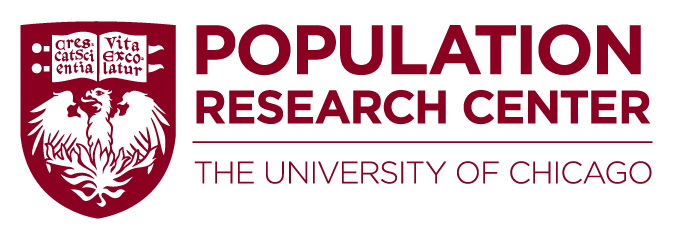Economics, Education, and Labor Market Outcomes
Schooling, labor market outcomes, and household-level economic status are central to demography and PDB aims. Our economists, housed largely in the Kenneth Griffin Department of Economics and the Harris School of Public Policy, work primarily on these issues.
Previous Research topics:
- Measuring the size, benefits, and costs of alternative work arrangements such as the “gig economy”
- Examining how peer pressure affects educational investments and school decisions in Brazilian favelas
- Determining how schools make decisions and their effect on the larger schooling market,
- Studying parental incarceration on child outcomes
- Developing a theoretical framework to study whether in-kind transfers to households in developing countries are more welfare-improving than cash transfers
- Examining economic intra-household decision-making as it relates to women’s rights, marriage and divorce, and marriage markets in the U.S. and in developing countries
- Applying microeconomic theory and microdata to study the differential effects of government policies on individuals in Norway
- Examining how wage and employment outcomes result from the interaction of new technology with different worker skill levels
- Studying the importance of noncognitive capabilities on later labor market success
